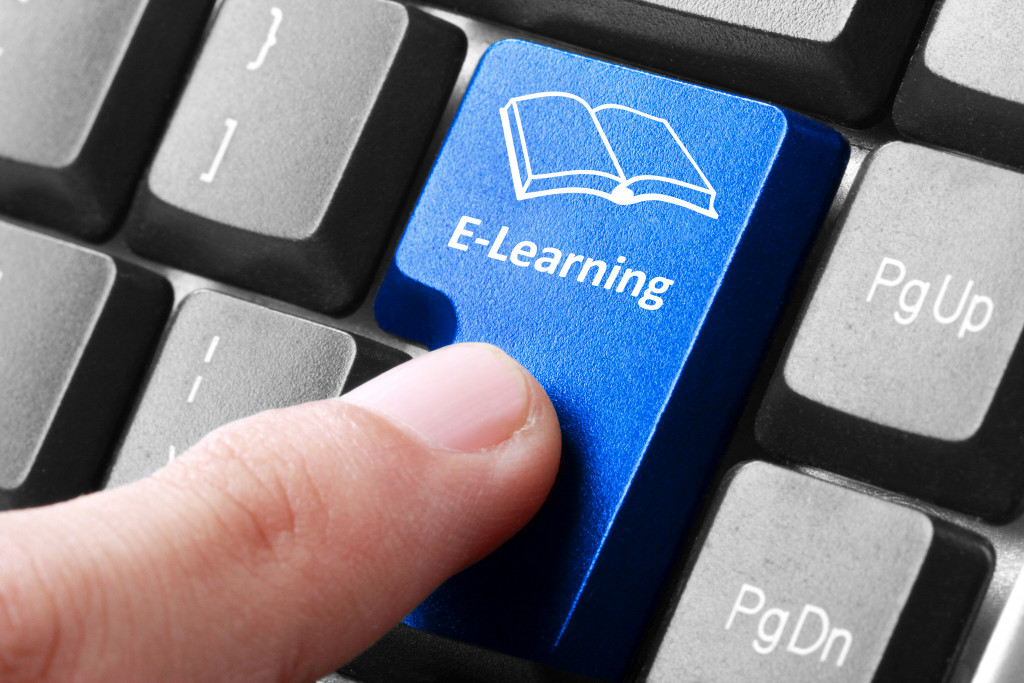Education is changing. New technologies and attitudes towards education are reshaping how our children learn. Traditional schools no longer have a monopoly on learning — homeschooling, online courses, and charter schools are just options families now have for their children.
Education has always been an essential part of society; it’s only natural that as our culture changes, so does our approach to educating ourselves and each other. Here are some fascinating trends about the changing world of education.
Homeschooling Approach
Homeschooling is continuing to rise in popularity. Students are now homeschooled for more reasons than ever, and it is no longer limited to parents who are not satisfied with the local schooling options. There has been a significant increase in families who choose home-based education for religious or philosophical reasons. In contrast, others may see it as a way to customize their child’s learning experience.
Homeschooled students are often self-motivated learners who take more initiative to learn. The approach provides flexibility, allowing students to arrange their studies around their other commitments and interests rather than the fixed schedule of a formal school environment. It allows for more time spent with parents or mentors, which can be invaluable when learning specific skills or trades.
Virtual School

Especially with the recent pandemic, virtual schooling is gaining in popularity. Many parents want their children to receive a good education and fear for their safety in the case of a health crisis.
By attending a virtual school, students will not be exposed to illness from other kids in classrooms or gyms when they can study from the comfort of their homes. Virtual schooling gives students the chance to continue their education without interruptions or severe changes in routine. It also allows for intensive study, especially in the case of online courses.
Module-Based Learning
Module-based learning is the most common approach for students in college. In a module-based course, students can focus on one topic at a time, allowing them to understand the material before moving on to another subject entirely.
It allows for greater depth of knowledge instead of memorizing large amounts of information that may not be relevant later in their careers or studies. It also allows the brain to absorb information more effectively while encouraging interaction between students and teachers.
Work-Integrated Training
Work-integrated training is their approach for those who want the hands-on experience to go with their education. Rather than receiving a degree and moving directly into a career, students can continue to learn after they graduate by entering the workforce as apprentices, interns, or employees.
Formal training continues as industry experts teach the next generation of workers about their chosen career path. This approach gives graduates the chance to improve on what they learned and apply it to real-world situations immediately after graduation.
Collaborative Methods
The education sector is adapting to changing times, and one of the ways it is doing so is by using collaborative methods. It involves students working together in groups to solve problems or create something new. This type of learning allows students to learn from each other, share ideas, and develop teamwork skills.
Collaborative methods are very effective. Students who work together in groups are more likely to retain information and better understand the material than those who don’t collaborate. Group work also develops interpersonal skills, which are essential for future careers.
There are many ways for students to collaborate. They can work together online or in person, and they can communicate using various methods, from texting to video chat.
Extra-Curricular Courses
More and more schools offer extra-curricular courses that focus on technical skills or trades that can help graduates enter the workforce immediately after graduation.
Some examples of these courses include carpentry, plumbing, and hairdressing. These skills are very desirable in the current job market as they allow young graduates to be more competitive for entry-level jobs after graduation.
The traditional school approach is still popular among students who want to gain a formal qualification before entering the workforce. However, extra-curricular courses are a good option for those who wish to begin working as soon as possible after graduation.
It is crucial to keep up with modern trends, especially in the fast-paced world of education, where new methods are constantly emerging. Rather than following a rigid, old-fashioned system that doesn’t consider today’s needs, schools are innovating.
They realize that it is necessary to make education a fun and practical experience for students if they want to be successful in their careers. Students need to keep an open mind, as they will continue to learn new things throughout their lives.

